How Long Does It Take to Develop a Mobile App?
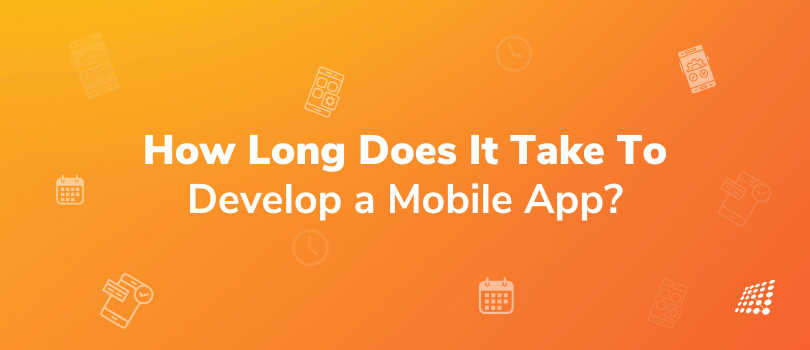
Imagine this: by 2027, the worldwide mobile app market is poised to soar to a breathtaking $756 billion, flourishing at a growth rate of 8.58% each year. Whether we marvel at our growing bond with smartphones or worry about it, one thing's clear – the mobile app industry is thriving.
Got a brilliant app idea? Wondering how soon you can turn it into reality? The timeline's tricky; it hinges on several factors. Let's walk through the app-making journey, pinpoint what stretches or shrinks the timeline, and learn how to fast-track your app to the marketplace.
Time Taken In Mobile App Planning

(Allocated Time: 2-4 weeks)
- Planning your app is like plotting a thrilling journey. It’s about charting the course. Here, you dream up who’ll use your app and how, what it’ll look and feel like, and the paths it'll take to make you money.
- After you solidify app requirements, user personas, features, UI design, monetization, and strategy, move towards market research, identifying user needs, and establishing clear objectives.
- Construct a mobile strategy and define the scope to ensure smooth sailing through the development process.
Design Sprints

(Allocated time: 4-6 weeks)
- Based on the planning stage, designers map out an intuitive user experience flow and attractive visual interface.
- It involves multiple cycles of design sprints, which are intensive collaboration periods to create prototypes and test ideas.
- It’s a crucial step for validating user experience (UX) and user interface (UI) designs before diving into development.
Collaboration With Developers

(Allocated time: 1-2 weeks)
- The collaboration phase involves setting roles, expectations, and workflows between stakeholders and the development team.
- Good collaboration sets a robust foundation for efficiency and clarity throughout the project.
Development
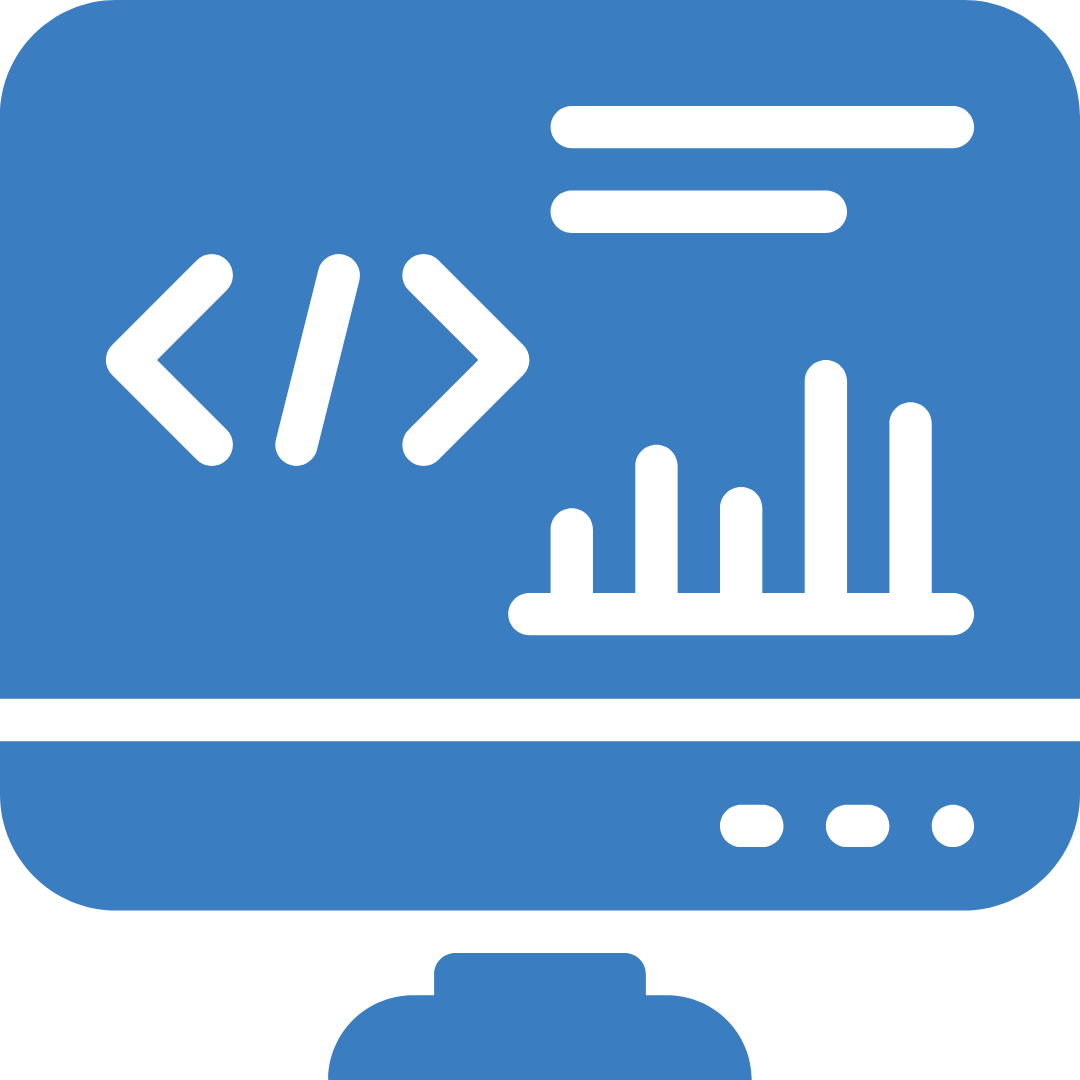
(Allocated time: 2 weeks to 6+ months)
- Development consists of creating the front-end (what users see) and back-end (server, database, application logic).
- Developers use technologies like Java, Swift, React Native, or hybrid platforms to build out app functionality.
- A simple app may take 2-3 months, whereas an app with average complexity might require 4-6 months; complex apps can take 6-12 months or more.
Testing
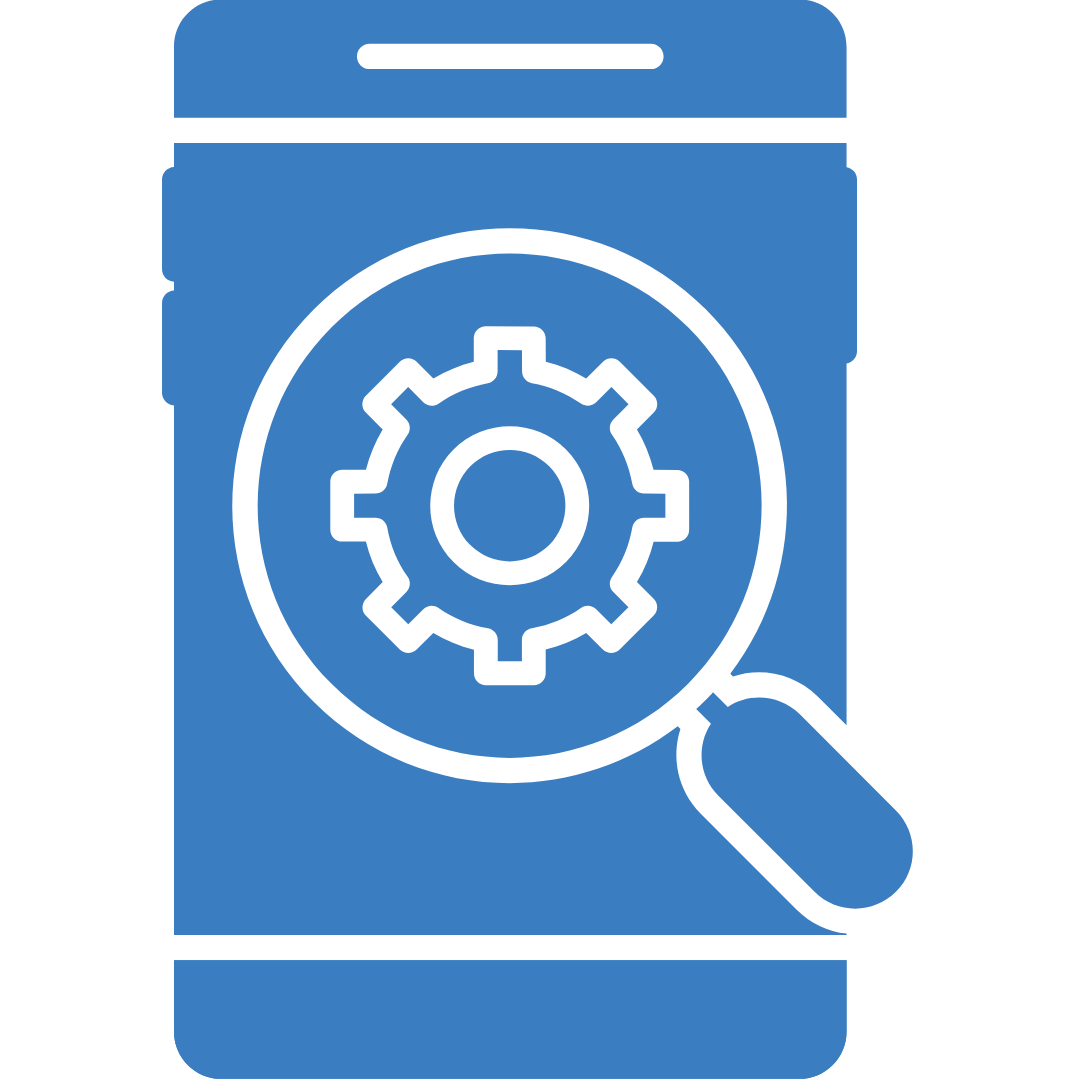
(Allocated time: 1 week to 1 month)
- Testing is iterative and may overlap with development stages to catch issues early on.
- Rigorous testing across devices and platforms ensures functionality, responsiveness, security, and overall quality.
- Approximately 1-3 months are needed for thorough QA testing, including performance, security, usability, and device-specific testing.
Deploying To The App Store
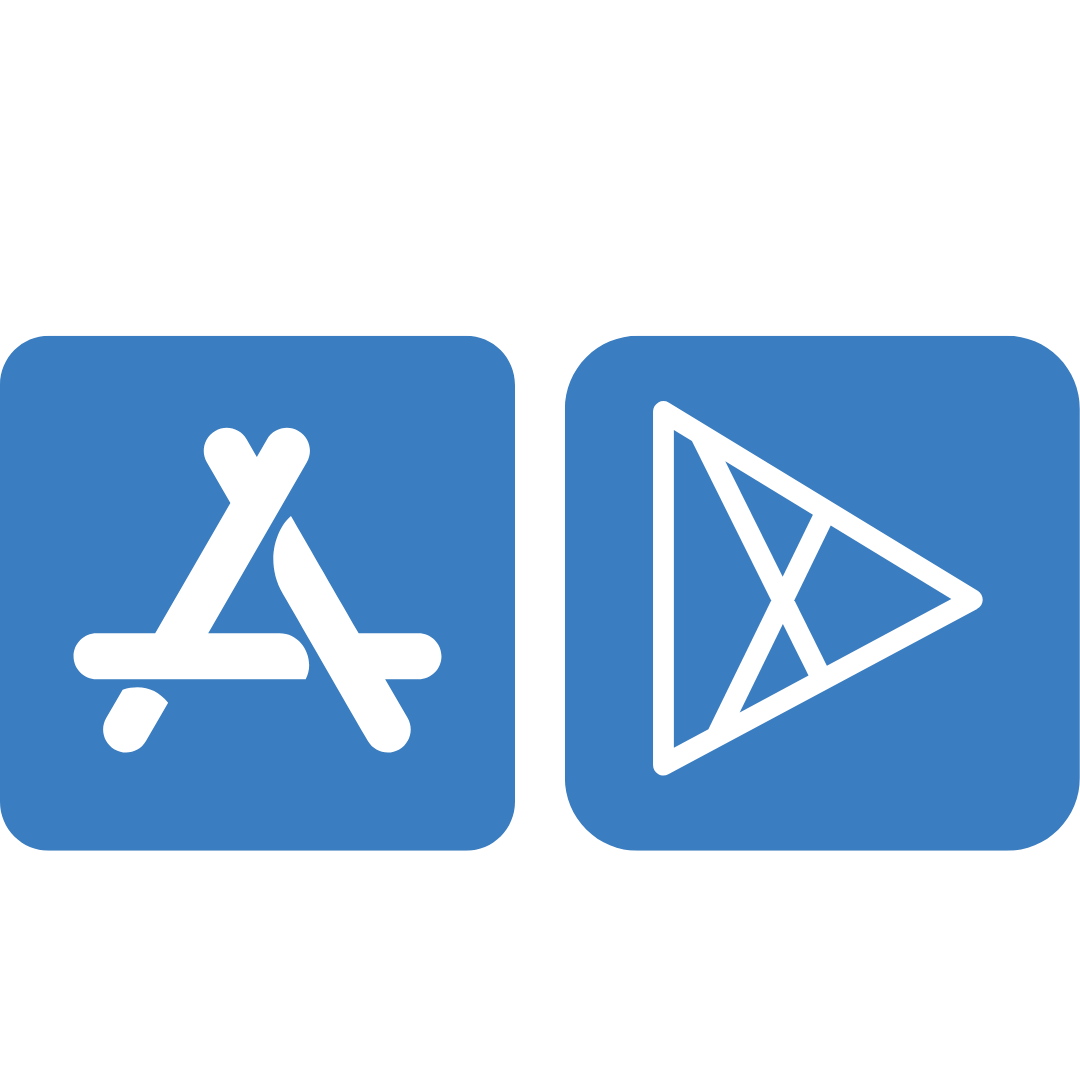
(Allocated time: 1 week)
- Submission to app stores can take up to 1-2 weeks due to approval times; this includes preparing metadata, descriptions, and launch assets.
- Consider app store optimization (ASO) practices to enhance discovery and downloads.
- The app and all needed assets are packaged and submitted for app store publication.
Factors Which Can Increase The App Development Timeline
- Changes in project scope known as "feature creep."
- Complex features requiring advanced tech like AI or blockchain.
- Integration with multiple third-party services or legacy systems.
The complexity of your app’s features and intended integrations plays a huge role, including:
- Number/difficulty level of features
- Types of animations/visuals
- Backend needs and database setup
- Integrations with APIs or other systems
- Security requirements
- How much custom, new functionality vs reuse of existing code/modules
Additionally, team experience, size and workload availability affect delivery speeds. While outsourcing can accelerate development, communication overhead also grows.
Simple App Example
Simple apps with minimal features can be developed in about 3-4 months.
Example: A straightforward to-do list or calculator app, utilizing basic native features.
Average App Example
On average, expect 4-8 months to develop an app with a balanced set of functionalities and moderate integrations.
Example: A social networking app or a basic e-commerce platform.
Complex App Example
Apps with extensive features, bespoke designs, or advanced technologies (AI, AR/VR) can take over 6 months up to a year+ to develop.
Example: A comprehensive enterprise-level app or a sophisticated mobile game with in-depth storylines and graphics.
App Owner’s Mistakes/Actions Which Delay App Development Timeline
- Indecision or frequent changes to app features and design.
- Lack of clear communication and insufficient feedback.
- Underestimating the importance of user feedback loops during testing.
Developer’s Mistakes/Actions Which Slow Down The Mobile App Development Timeline
- Inadequate planning and poor estimation protocols.
- Not following coding best practices leading to technical debt.
- Under-resourcing the project or not allocating skilled workforce properly.
How To Shorten The App Development Timeline
- Practice Agile methodologies for flexible and rapid development.
- Employ cross-platform tools to write code once and deploy on multiple platforms.
- Utilize app builders for creating prototypes or simple apps quickly.
Estimating the exact timeline for mobile app development is complex with many moving parts, each contributing to the overall schedule. Simple apps can launch within a few months, while innovative, complex apps might require a year or more. By understanding each stage and putting concrete strategies in place to mitigate delays, you position your app for a timely and successful market entrance. Remember, the key is balancing speed with quality to ensure your app is well-received and sustainable in the long run.
Looking to develop your next mobile app while maximizing efficiency and quality? Contact Us for a free consultation and let's bring your vision to life swiftly and skillfully.
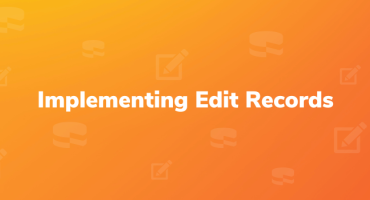
Implementing edit records in multiple associated tables in Cakephp 3

THE MODERN TOOL: CYPRESS


